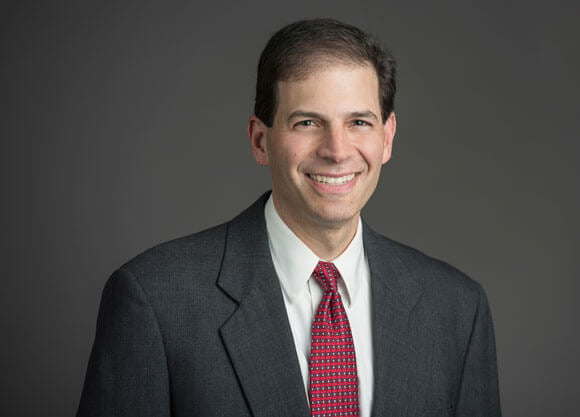
9/11 forced the legal profession to rethink worst-case scenario
September 10, 2021

September 10, 2021

Like every other profession, lawyers suffered the personal tragedies of losing friends, clients and loved ones on 9/11 — for many on a scale nobody could have predicted.
At the same time, the professional worst-case scenario proved to be worse than we had imagined it could be.
The World Trade Center housed a number of law firms and many of their clients. The result was too many cases in which lawyers, clients and all of their records were lost at the same time. The legal system never envisioned such a possibility.
As a consequence, lawyers and law firms had to rethink the worst-case scenario and reconsider how best to help our clients prepare for it.
The process, in part, led to more widespread adoption of best practices and technology we now take for granted — setting up redundant computer systems in multiple locations, creating electronic copies of documents and storing vital records offsite or in “the cloud.”
When the COVID-19 pandemic forced law firms and their clients to close their physical offices, some of these same technologies allowed them to quickly pivot to remote operation.
The technological progress inspired by 9/11 certainly was not worth the tragic cost. Yet, it represents just a hint of silver lining in a very dark cloud — a testament to the resilience of our society and legal systems.
Quinnipiac Today is your source for what's happening throughout #BobcatNation. Sign up for our weekly email newsletter to be among the first to know about news, events and members of our Bobcat family who are making a positive difference in our world.
Sign Up Now